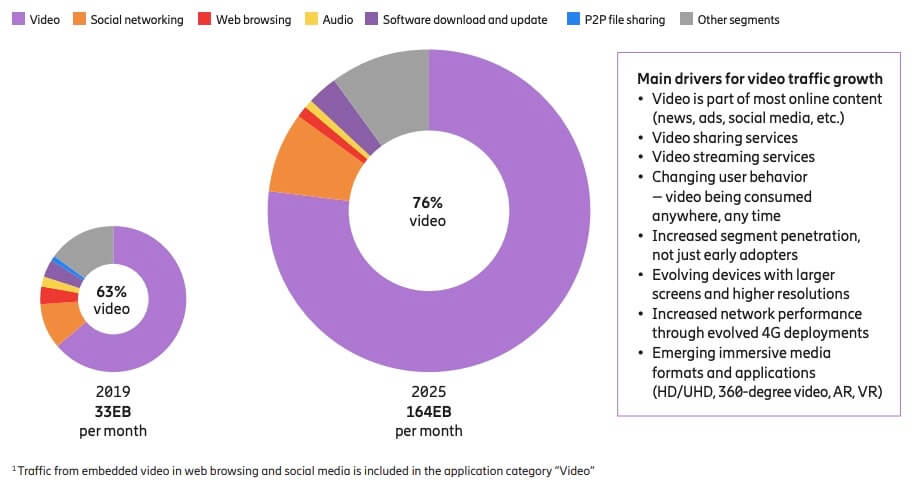
Yes, that’s correct. The Mobile Ecosystem Forum (MEF) is a global trade association that represents the mobile industry, including operators, vendors, and content providers. They are committed to promoting sustainable and secure mobile ecosystems, and IoT security and sustainability are among their top priorities.
In 2023, the MEF is expected to set and promote criteria for IoT security and sustainability that will help to ensure the safe and responsible use of IoT devices and networks. These criteria may include measures for protecting personal data, ensuring privacy, and reducing the environmental impact of IoT devices and networks. The goal of these criteria is to help build trust in IoT technology and promote its widespread adoption.
The amount of sensitive data that Internet of Things devices capture and transmit, together with their growing complexity and number, are major concerns for Dawood Ghalaieny, CEO of Zariot. Maintaining the integrity and dependability of vital infrastructure as well as safeguarding the privacy and safety of people and organisations depend on the security of IoT devices.
IoT security is unfortunately not being self-regulated by the industry. Device manufacturers have little motivation to be concerned because it is not profitable to pay a premium to enforce IoT security or standards. Regulators are actively debating the problem as a result, and Ghalaieny anticipates legislation in 2023.
Currently, mobile operators are really struggling to find ways to grow their revenues beyond traditional services of voice, SMS and data. Jason Lunn, global connectivity and CPaaS at Cisco, says one asset mobile operators can monetize is mobile identity.
Over the coming year, Lunn expects we will see a breakout of systems whereby enterprises can query mobile operators to verify a customer’s age, address and credit status. This information is known and verified by mobile operators to establish a contract and tied to their phone number, which could become the unique identifier to verify all this information.
Lunn also thinks that the mobile industry, which accounts for a significant portion of the world’s carbon emissions (3.5% of global CO2 emissions come from telecommunications, which is double the amount from aircraft), has to give sustainability serious consideration. If nothing changes soon, the number of emissions would increase along with the telecom industry’s strong growth.
Mobile carriers, according to Lunn, can make their code base as efficient as feasible in order to increase their sustainability. That might entail utilising more sophisticated programming languages, such as Closure, that require
These adjustments may take some time for consumers to see, but for those in the industry, they will build the groundwork for the future of the mobile industry.

